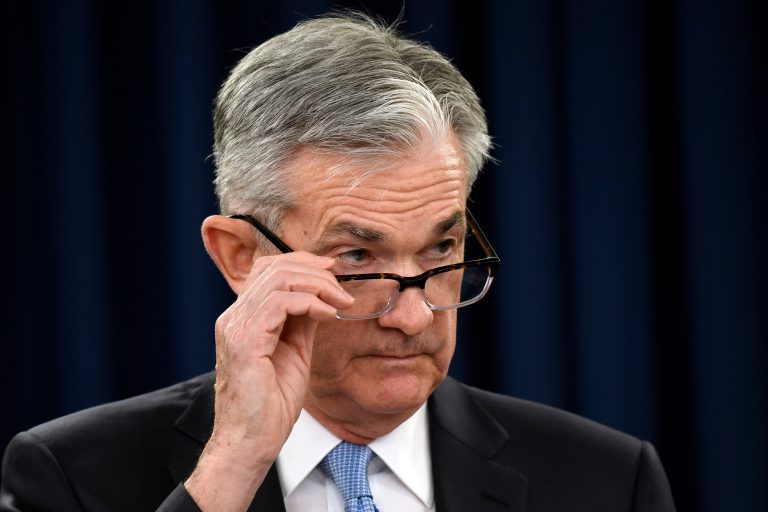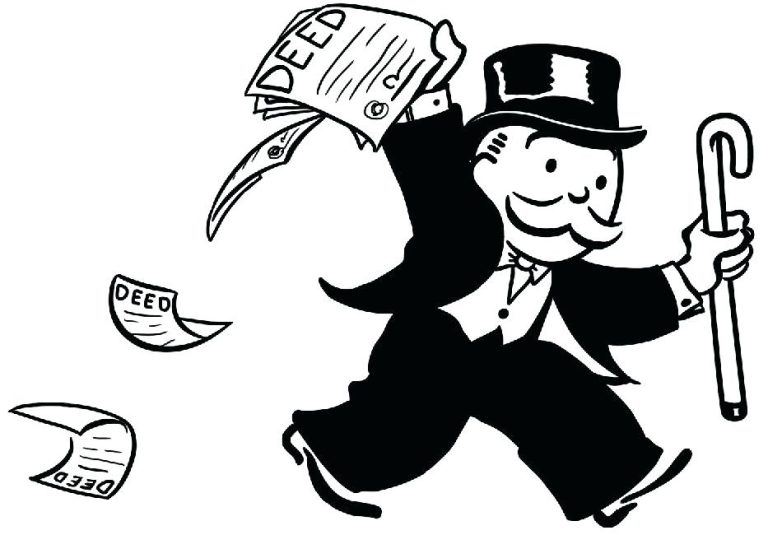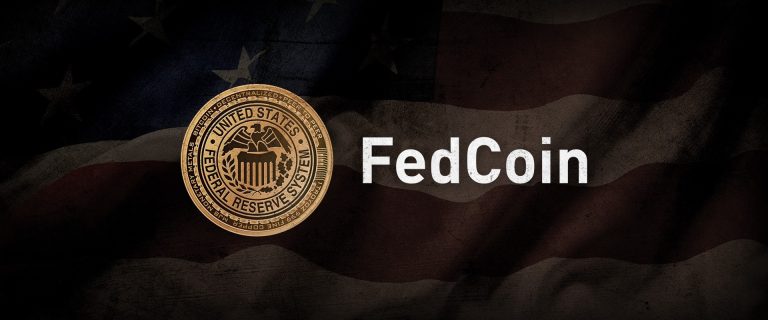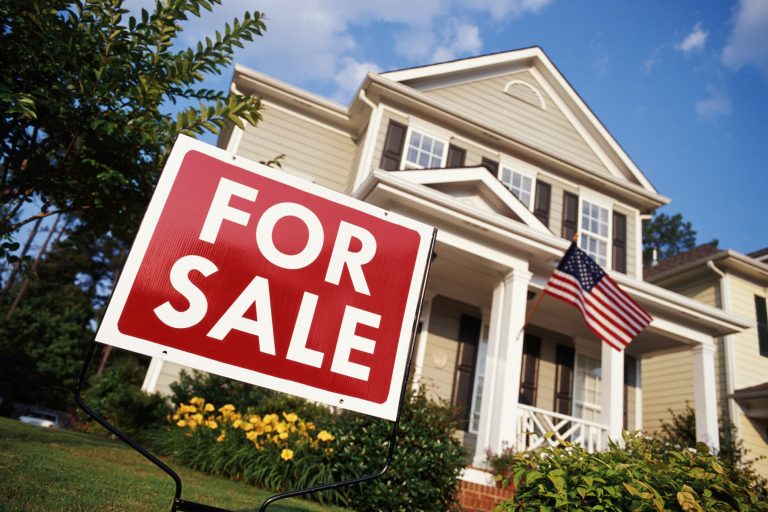Will Lower Rates Really Help Everyday Americans?

Now, I know what you’ve been hearing from all the fancy suits on CNBC – interest rates are gonna drop come fall, and that’s supposed to be a good thing for the economy. But hold on to your hats, folks, because Monty’s got a different take.
When interest rates go down, it becomes cheaper to borrow money. Sounds great, right? Businesses can expand, families can finally snag that dream home, everyone’s happy. But here’s the rub: cheaper borrowing often leads to folks spending more. Now, that might be good for short-term jolts in the economy, but what happens when everyone’s wallets are stretched thin and the bill comes due?
Remember back in ’08? Easy credit got a lot of people in over their heads, and the whole house of cards came tumbling down. I’m not saying history is guaranteed to repeat itself, but it sure pays to learn from our past mistakes.
Now, some folks, the ones with fancy degrees and even fancier offices, might argue that lower rates will boost investment. Businesses will have more cash to play with, which means more jobs and innovation, right? Maybe. But what about Main Street businesses, the ones that keep our communities running? They often struggle to access those fancy low-interest loans from big banks. Cheaper borrowing might benefit the big guys on Wall Street, but will it trickle down to the local hardware store or the family-owned diner? That’s a question with a murky answer.
Here’s what I propose: instead of this endless cycle of boom and bust based on interest rate adjustments, let’s focus on making the economy work for everyone, not just the privileged few. How about we put some guardrails in place to prevent reckless borrowing and asset bubbles? We could explore things like promoting community banks that prioritize lending to local businesses, or maybe even setting some limits on how much debt individuals can take on.
Look, I’m not an economist, but I do know a thing or two about common sense. When it comes to our financial well-being, a steady hand is better than a rollercoaster ride. Let’s build an economy that’s strong from the bottom up, not one that relies on cheap credit and risky bets by the wealthy.
So, the next time you hear some Wall Street guru gushing about the magic of lower interest rates, remember, there’s always more to the story. Let’s have an honest conversation about what a healthy economy really looks like, one that prioritizes stability and opportunity for all, not just the financial elite. After all, a strong Main Street is the backbone of a strong America.







